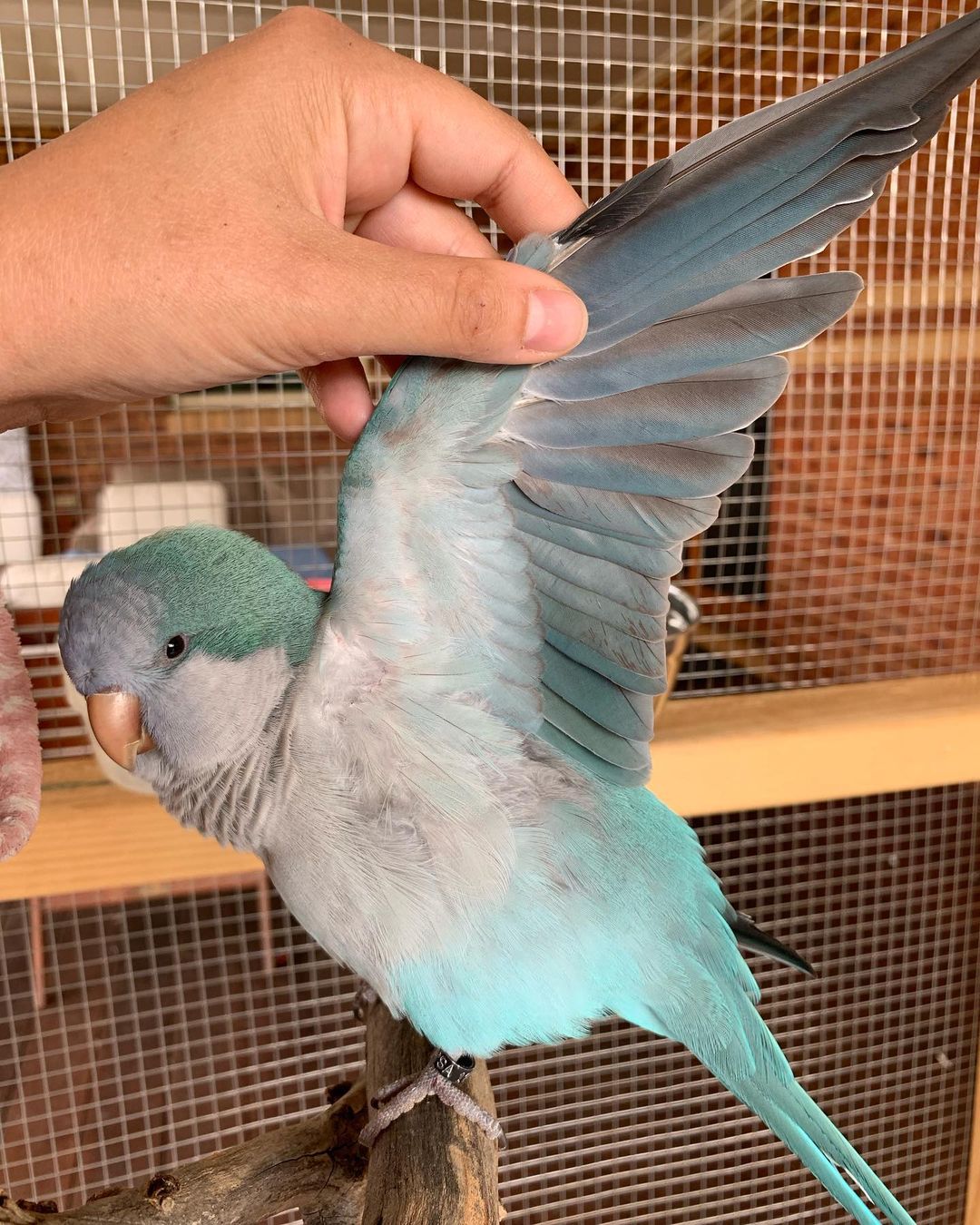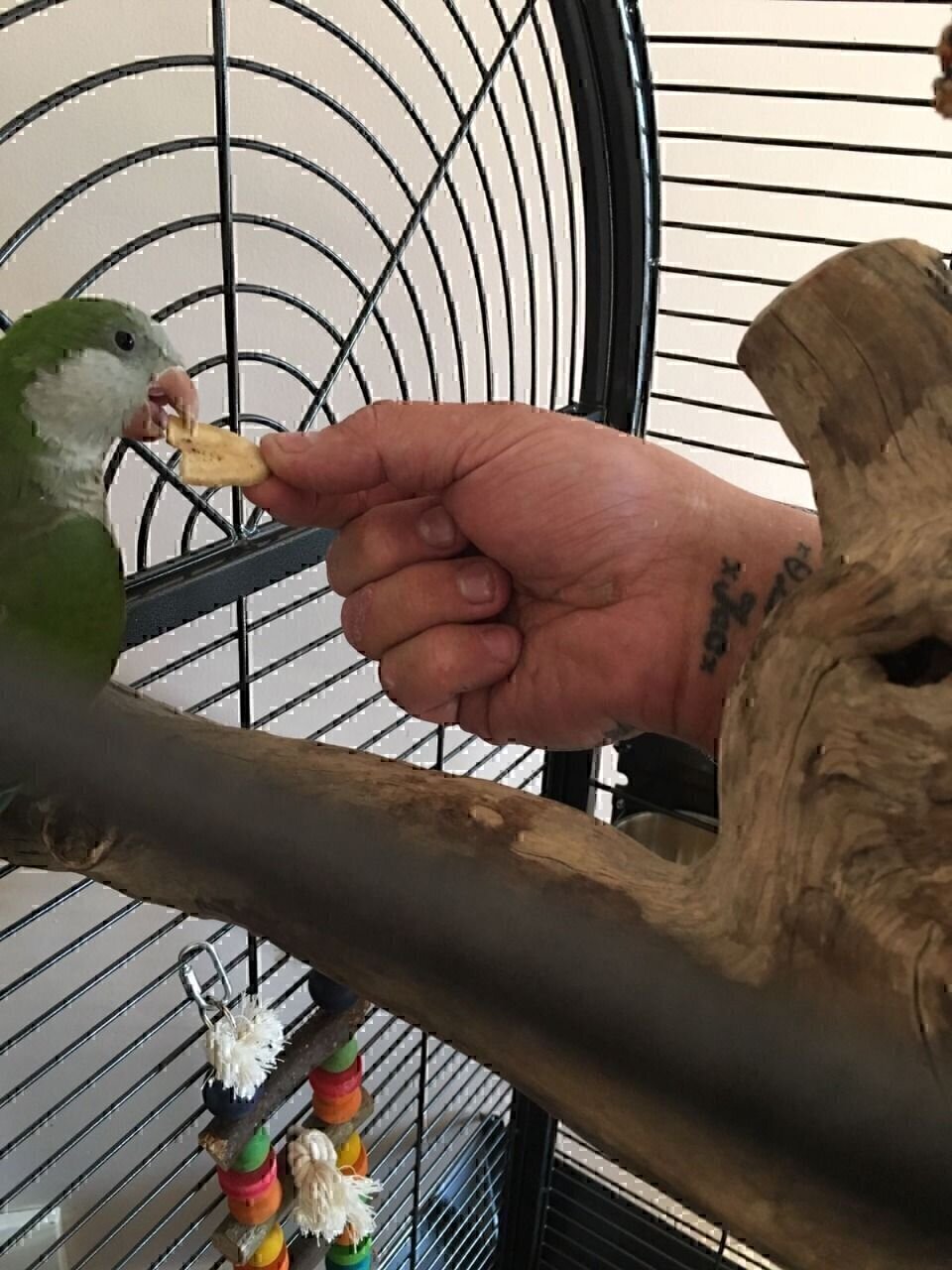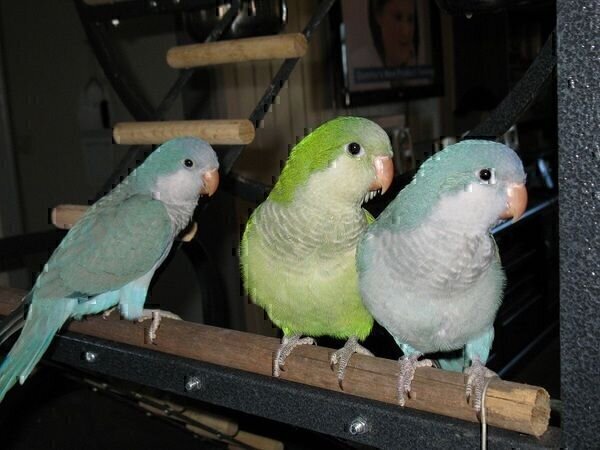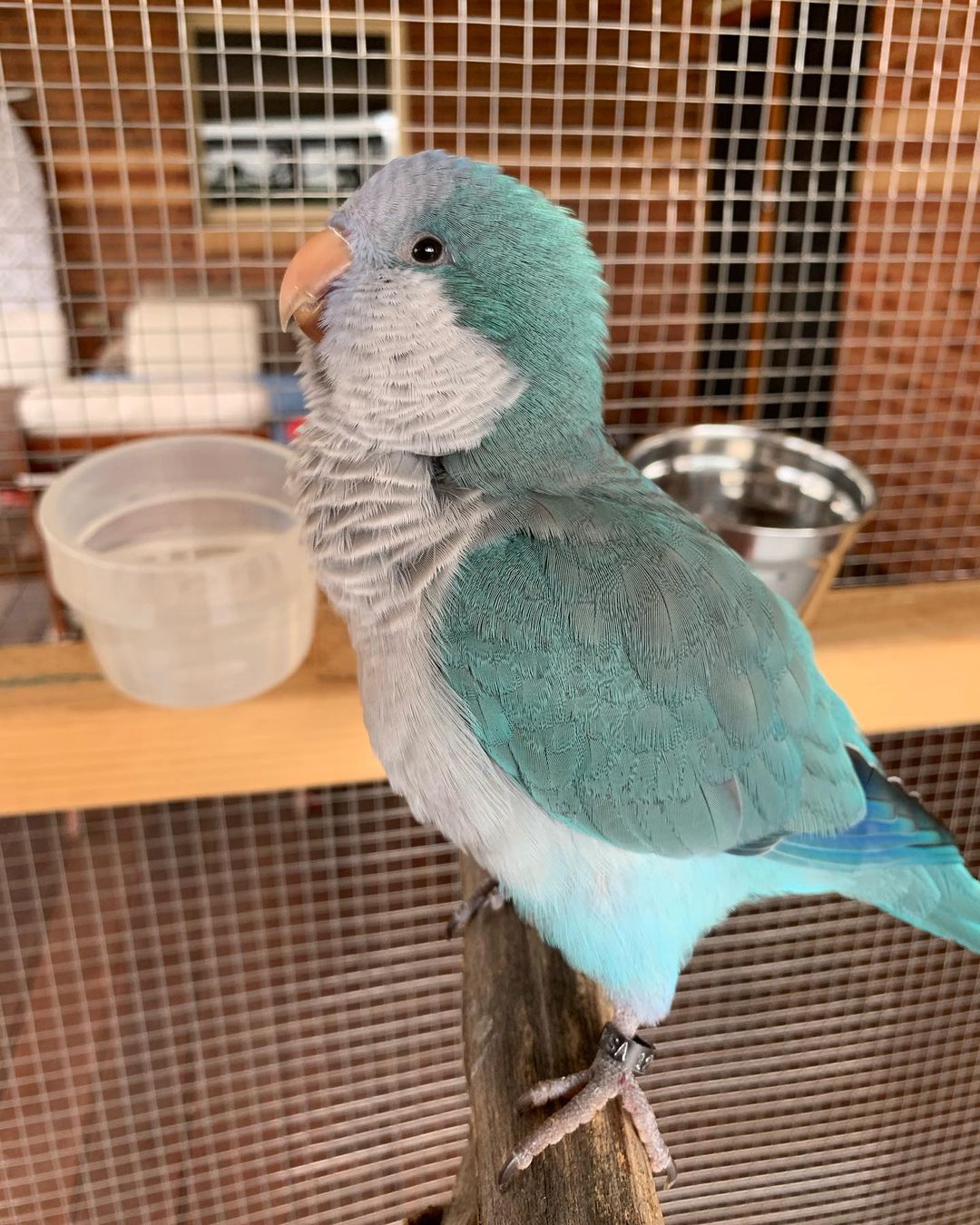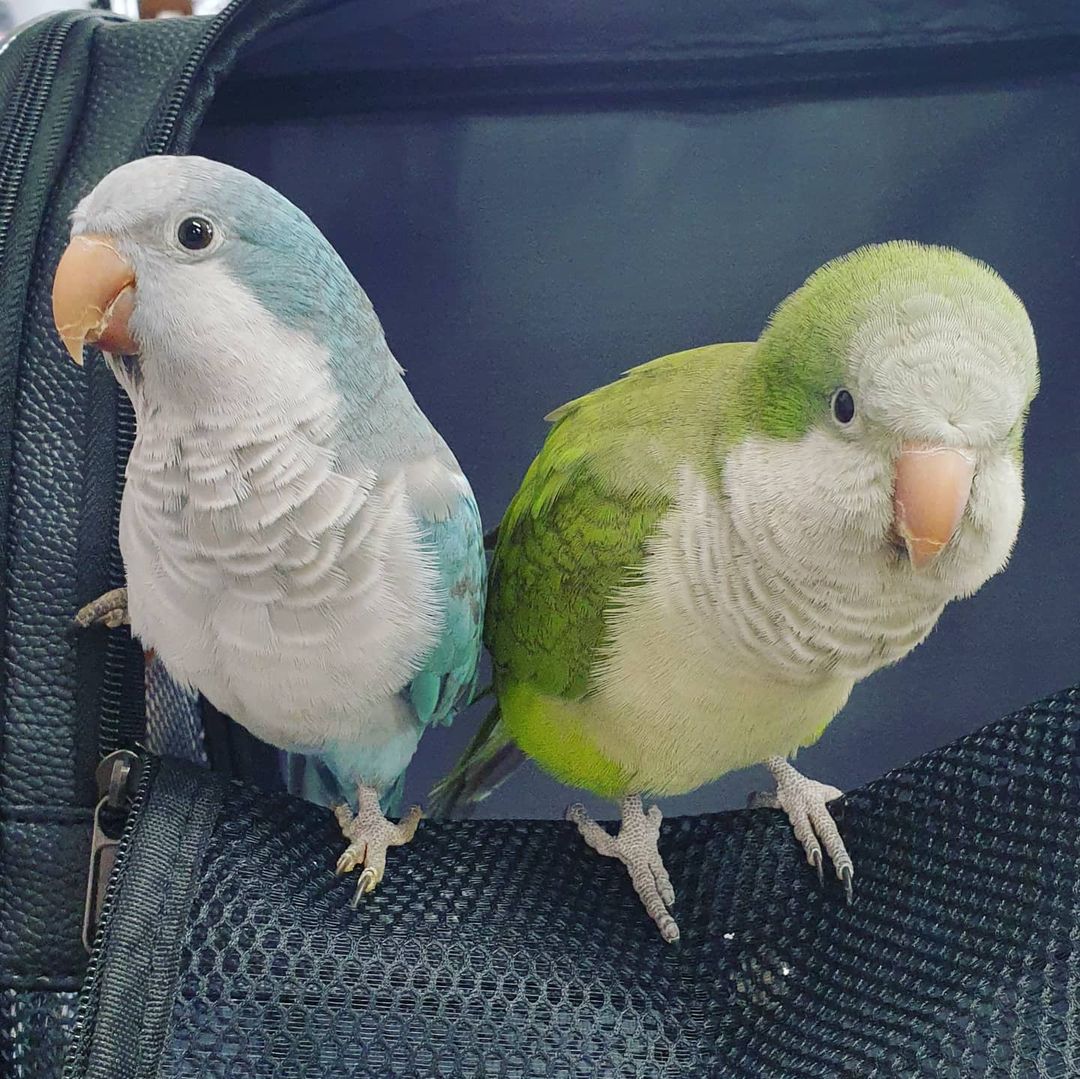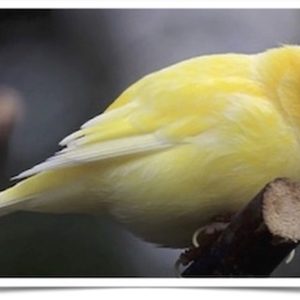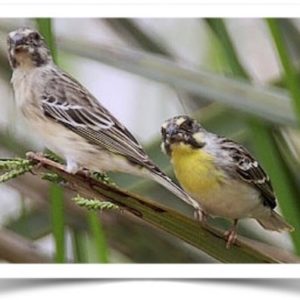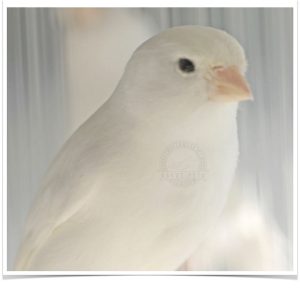Quaker Availability at Birdsville
Quakers are seasonal breeders which means they only breed once a year and often are ready around January. If you would like a tame hand raised quaker for a pet contact Birdsville to lock in one of our babies when they are ready. Quaker Parrot For Sale
The Quaker parrot, also known as the Monk parakeet or Grey-Breasted Parakeet, originated from southeastern Brazil through Uruguay to northeastern Argentina.
Quakers are small, only reaching 28 to 30 cm long, with a wingspan of about 48cm and a weight of 90 to 150 grams. The natural color of the Quaker is green, with pale grey on the forehead, cheeks, throat, and chest. There are several color mutations of the Quaker, although many color varieties are not yet commonly available. The blue mutation has become very popular within
Australia and many blue Quakers are now being kept as treasured companions.
Quakers can live to be 25 to 30 years of age and perhaps even longer, with a healthy diet they are very hardy birds.
Nature of the Quaker Parrot
The Quaker Parrots are the very smart, inquisitive, fun-loving and energetic creature. They love to play with their toys, swings, and bells. They can entertain themselves for hours practicing their chirps, whistles and human vocalizations.
Both male and female Quakers have an amazing capacity to imitate both sounds and human speech. Most Quakers start talking at 8 months or so, although many start even earlier than that.
Quakers need to be well socialized with the whole family to avoid them becoming a one
person bird.
I have a Quaker Parrot for sale my self called Beeb who has taken over the house he is very agile in flight and makes sure he is in every room where there are people. His favorite spot is to simply sit on your shoulder. I often bring Beeb to work with me so many of our customers may have met him.
Cage’s for Quacker Parrots
When selecting a cage, it is important to select the largest cage you can afford, there is a wide variety of cages available at Birdsville, remember the bigger the cage the happier the
bird. Quaker Parrots are very active, playful birds and require room for many toys, perches, food/water dishes, as well as sufficient space for them to move around.
It is a good idea to have a cage that is lockable; Quakers can be are little escape artists and figured out how to open their cage doors. Toys are a very important item in a Quaker’s cage. Most birds enjoy toys, but with Quakers, this seems to be especially true. If toys are not provided for entertainment, a Monk Parakeet for sale may find less than desirable ways to relieve boredom such as screaming or feather plucking. Keep three to four toys in the cage at a time. Rotating the toys on a regular basis with others you have on hand will keep your Quaker happy and entertained.
Toys for Quaker Parrots
It is very important to give your Quaker toys from a young age as this will actually make your bird much easier to train and your bird will be happy if you exercise the brain from a young age. When birds are young the brain is still developing which is why it is so important to supply lots of toys for these naturally curious birds. A cage should have 3 or 4 toys a ladder and a swing.
Diet for Quaker parrot’s
There are many different perceptions concerning the best diet for Quaker Parrots, but most would agree that a seed-only diet does not provide complete nutrition for birds. A combination of pellets, seeds, fruit, and veggies is recommended.
When Purchasing a Quacker that has been weaned, for the first 4 weeks give them an all you can eat buffet of seed and pellets with some fruit and vegetable every couple of days, baby Quakers in new homes may not eat for the first day as it can be scary for a young bird in a strange place. During this time of adjustment place food on the ground as well as in the feeders. For a super tame baby, I used hand rearing formula to train my Quakers to come to me as they love the taste and is a very good training tool but only feed them this at the end of the day for weaned birds. My Quaker is 5 years old and still free flies to me if he can see me feeding baby birds. After 4 weeks of having your bird home worm your bird. and after that do not feed them any more food till your Quaker has finished the pellets this way your bird will eat everything and your bird will be much healthier and robust for it. From my experience, your bird will be in great health and vigor with a varied diet but not an all you can eat a diet as they will simply eat the most unhealthy foods first just like kids make sure they finish the plate.
Pellets– are developed to meet the nutritional needs of birds, so they should be a part of a
bird’s diet whenever possible. At Birdsville we recommended the Kaytee pellets, Vetafarm Maintenance pellets, Vetafarm parrot essentials pellets or Rowdy Bush Maintenance Pellets feed with seed. You can mix with seed but its more efficient to feed in a separate dish.
Seed- is still very important for birds as it encourages the natural foraging behavior, with the cracking of the seed. The best seed for your Quaker parrot is a good quality mix of either Cockatiel mix, Peachface Mix or Small Parrot. Be wary of some supermarket brands which have a low-grade seed mix. Birdsville recommended a small parrot mix for younger birds and Peachface or Cockatiel mix for older birds.
Soaked seed– Use cocky mix for soaked seed, Quakers love soaked seed.
Vitamin supplements– An important addition to maintaining your bird to have optimum health this is added via the water supply. If your Quaker is on pellet’s these will already contain vitamins and there is no need to add more. Links to popular vitamins are linked – ornithon – vetafarm breeding aid plus – multivitamins, pass well multi vite your Local Bird specialist bricks and mortar store should stock all of these products.
Greens– spinach, carrot tops, broccoli leaves, endive, fresh grass.
Vegetables– sweet potato, squash, carrot, zucchini, corn, peas etc
Fruits– Apple, banana, pear, rockmelon, stone fruit, kiwi, pineapple, mango, orange, Apples, rockmelon, banana, pear, peaches, kiwi to name a fruit to not be alarmed if your cockatiel does not eat fruit as they do not naturally eat much if any fruit in the Australian bush as they mainly feed on seed and greens as long as they receive some greens and vegetables your bird will be happier for it.
Do not feed your bird (or any other bird) avocado, onion, chocolate, caffeine or alcohol.
Calcium and vitamin D – Calcium perch which also contains iodine and cuttlebone can also be used. Be careful with indoor birds that do not receive any natural sunlight as this is how birds and us get vitamin D. Many people believe that their Quaker will be ok as it gets sun through a window, sadly vitamin D is filtered out when the suns ray goes through glass. If you are unable to provide your bird with natural light add some calcium to your bird’s water supply with liquid calcium and vitamin D
Worming– have you wormed your Cockatiel?
Very simple birds should be eating food for at least 4 weeks before worming, use a good quality bird wormer which will do all 5 groups of worms. All bottles will have directions to use which is very simple as it is simply placed in your birds drinking water, the day before you worm your bird take the water out in the afternoon so your bird is thirsty the next 24 hours that the worming solution is placed in the bird water supply.
Adult Quaker parrots should be wormed every 3 months. Baby recently weaned Cockatiel will need to be wormed in a two or 3 weeks after being taken the home check with the staff from Birdsville when purchasing). Young birds that have been recently weaned have a delicate bacteria’s developing in there gut, worming at this stage could harm the bacteria’s development and your new bird. Worming will need to be done
every 6 months. Worming your bird is essential for the health of all parrots in captivity
Lists of wormers available at Birdsville if your unsure of what one to use, or your after a vet grade wormer which is what the vets use, ask one of our team members when you are in store and they can help you. As a major distributor of avian products in Australia, our prices are one of the cheapest in Australia. aristopet worming syrup with praziquantel – vetafarm workout gel – patrol plus bird wormer
Worming your bird is actually very easy it will simply go in the water supply for amounts simply check the label on the bottle, or on some bottles peel back the label.
Why are worms bad for your bird and you?
Worms cause a range of diseases, the severity of which depends on the species of worm they are infected with. Parasitic worms have an indirect lifecycle with many insects such as flys, beetles, other insects and feces acting as intermediate hosts.
Worms can weaken your bird’s immune system which inadvertently can kill your bird from a virus that a bird with a strong immune system can fight off.
if your bird is not wormed regularly and after some time you do worm your bird, the dead worms can cause intestinal or respiratory blockages, in sick adult birds, it may be a good idea to worm them with a half dose first. This is at Birdsville we recommend worming every 3 months at least.
Below is a common and wide variety of worms including Tapeworm Worm (Choanotaena spp, Raillietina spp), Thread Worm (Capillaria spp.) Roundworm (Ascaridia spp.), Caecal Worm (Heterakis gallinarum), Hook Worm Aquaria spp.) in both Aviary and caged Cockatiels.
Mite and lice spray– Lice and mites are as common with birds as fleas are with dogs, there are many varieties of lice, these can not live on humans but will cause discomfort and if left unchecked can cause your birds problems. Spray your bird with mite and lice all over under the wings around the rear just avoid the eyes and mouth.

